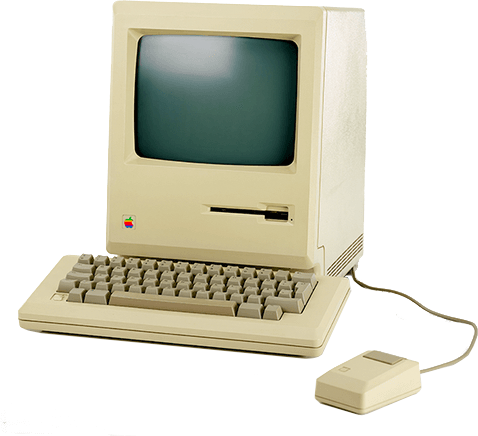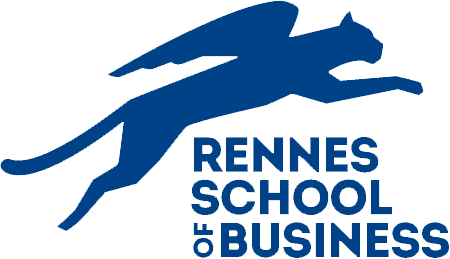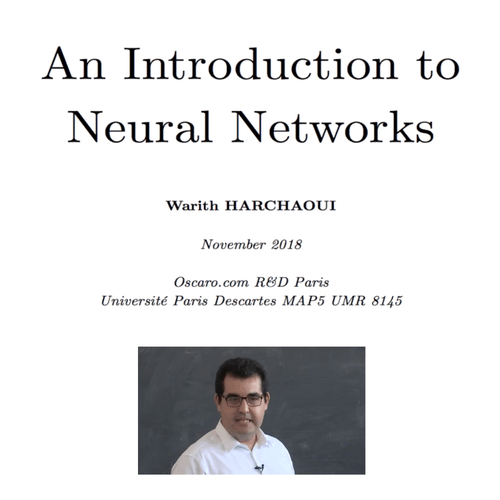✍️ Blog and Articles
Artificial intelligence represents a revolution comparable to agriculture and sedentism, the invention of writing, or even printing. These turning points have transformed how we interact with the world.

Today, AI touches every human activity. To be honest, I’m still not sure what intelligence truly is. In practice, I’d say artificial intelligence is a scientific discipline that enables machines to perform tasks based on examples rather than explicit instructions.
🗞️ Jump to my peer-reviewed publications
Artificial intelligence, value, work and business 🇫🇷
Warith Harchaoui,
Mathieu Kahlaoui (organization),
Thomas Clavelloux,
James Whitbeck and
Khalid Jebbari
CTOInShape, June 4, 2025
Is Artificial Intelligence Appropriate? 🇫🇷
Warith Harchaoui,
Elsa Secco (Credits),
Néphélim Cohen (Organizer),
La French Stack, March 25, 2025, Algolia
Programming in AI
Warith Harchaoui, Mohamed Chelali, Matias Tassano, and Pierre-Louis Antonsanti
This page provides a basic cheat sheet for programming in machine learning (also called statistical learning, pattern recognition, AI, or data science), covering applications from computer vision to audio and language processing.
✒️ 💻 Technical Tips
Dear Professor
Stanislas, 2021
Warith Harchaoui
Dear Professor,
On March 2, 2021, my friend Quentin and I visited your preparatory class at Stanislas in Paris to thank you, on behalf of many alumni, for teaching us the "satisfaction mark." For nearly two decades, I’ve used that punctuation and feel part of an enlightened fellowship—yours—that still teaches us today. […]
✒️ ❤️ Inspirational Teacher
Value in Data
Think Tank 4eRévolution, 2021
Warith Harchaoui and Laurent Pantanacce
Each industrial revolution is driven by a key force—raw material, energy source, or creative technology—that redefines the economy. Since the 19th century, we’ve seen steam, coal, oil, electricity, radio, the transistor, computers, and now AI. This fourth revolution is unique because its “commodity” is abstract: data. On a global scale, it may be a more significant milestone than radio or the Internet. […]
✒️ 🧐 White Paper
AI for Business
Rennes School of Business, 2021–2025
Warith Harchaoui and Laurent Pantanacce
Bridging the gap between AI technologists and team leaders. This course helps business leaders understand AI’s strategic aspects and how to implement it. Two seasoned AI practitioners teach the fundamentals to reconcile science and business for corporate success.
✒️ 👨🏫 Executive MBA
On Refait le Mac with Luc Julia, Siri’s Co-creator 🇫🇷
Electric Dreams, 2020
Olivier Frigara, Luc Julia, and Warith Harchaoui
Luc Julia, co-creator of Siri, joins On Refait le Mac to revisit his creation and discuss why Apple’s voice assistant still struggles to mature. He’s a world AI expert questioning its real impact on our future—should we trust the tech giants’ grand promises? Should we be afraid? Let’s debate!
✒️ 📺 ORLM
An Introduction to Neural Networks for Statisticians 🇫🇷
Université Paris Descartes, École 42, 2020
Warith Harchaoui
Starting from a single neuron, to one-layer networks, then multi-layer—including convolutional architectures and adversarial networks—we explore aspects of intelligence emerging through a technology revolutionizing nearly every domain of our world.
✒️ 🧑🏫 Conference
Favorite AI Books
Warith Harchaoui
In the fast-evolving field of AI, both scientific and non-scientific publications flood us at high volume and pace. It can be overwhelming, and I’m often asked how to navigate it.
Here’s a curated list of books I find remarkable, with brief comments, for readers eager to embark on the exciting AI journey.
✒️ 📚 Books
🗞️ Peer-Reviewed Publications
Optimal-Transport-Based Machine Learning to Match Specific Patterns: Application to Detection of Regulatory Motifs in Omics Data
Journal of the Royal Statistical Society (RSS), 2024
Thi Thanh Yen Nguyen, Warith Harchaoui, Lucile Mégret, Cloe Mendoza, Olivier Bouaziz, Christian Neri, and Antoine Chambaz
We developed methods to geometrically link two point sets when those points should correspond. Our case study focuses on mRNA in genetics to understand Huntington’s disease.
🗞️ 🧬 Article
Generalized Mutual Information for Discriminative Clustering
Neural Information Processing Systems (NeurIPS), 2023
Louis Ohl, Pierre-Alexandre Mattei, Charles Bouveyron, Warith Harchaoui, Mickaël Leclercq, Arnaud Droit, and Frederic Precioso
Clustering groups similar objects together and separates them from others—whether customers, genes, fruits, or animals. GEMINI leverages artificial neural networks in novel ways for large-scale clustering tasks.
NeurIPS is the top (or second-top) conference in AI according to Google Scholar.
🗞️ ♊️ Article
Learning Representations Using Neural Networks and Optimal Transport 🇫🇷🇬🇧
Ph.D. in Applied Mathematics, 2020
Warith Harchaoui
(supervised by Prof. Charles Bouveyron and Dr. Stéphane Raux)
From 2016 to 2020, this doctoral work focused on three key areas:
- Clustering: grouping data at large scale in count and dimension;
- Feature importance: identifying representative, discriminative features without manual labels;
- Confidence estimation: developing statistical methods to assess the reliability of automated decisions, crucial in industry, security, and healthcare.
🗞️ 🎓 Ph.D. Defense









